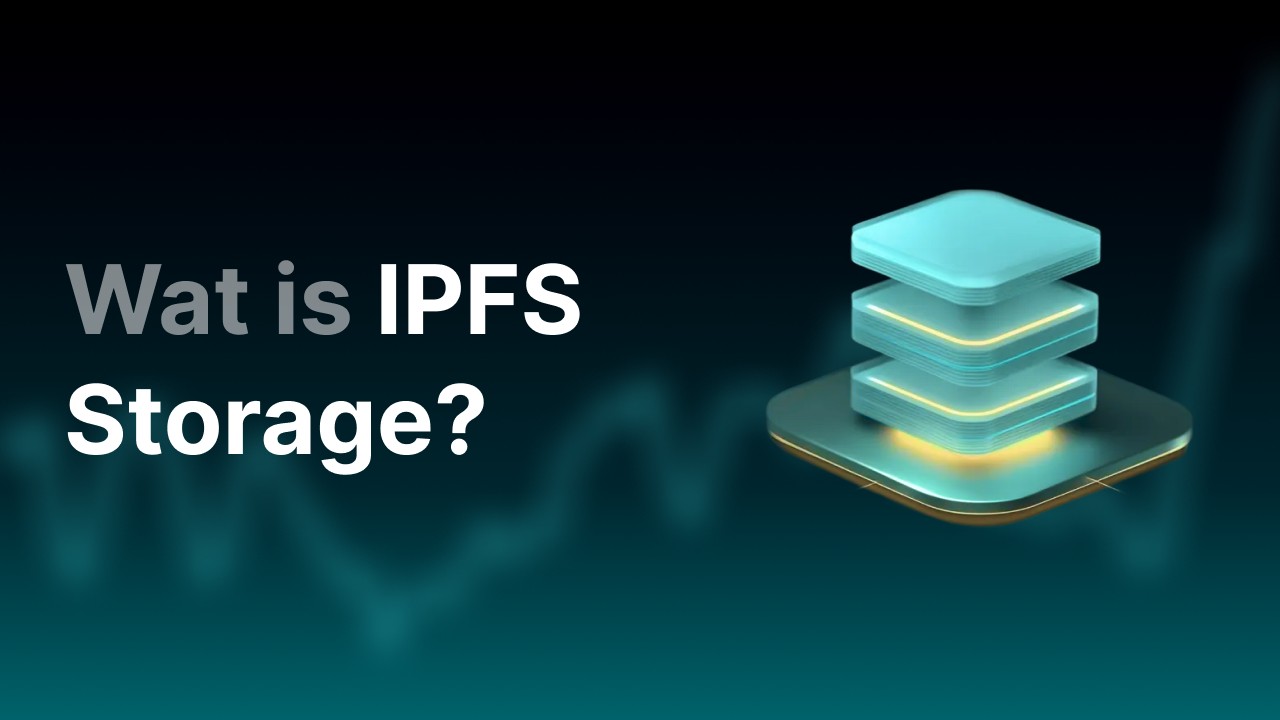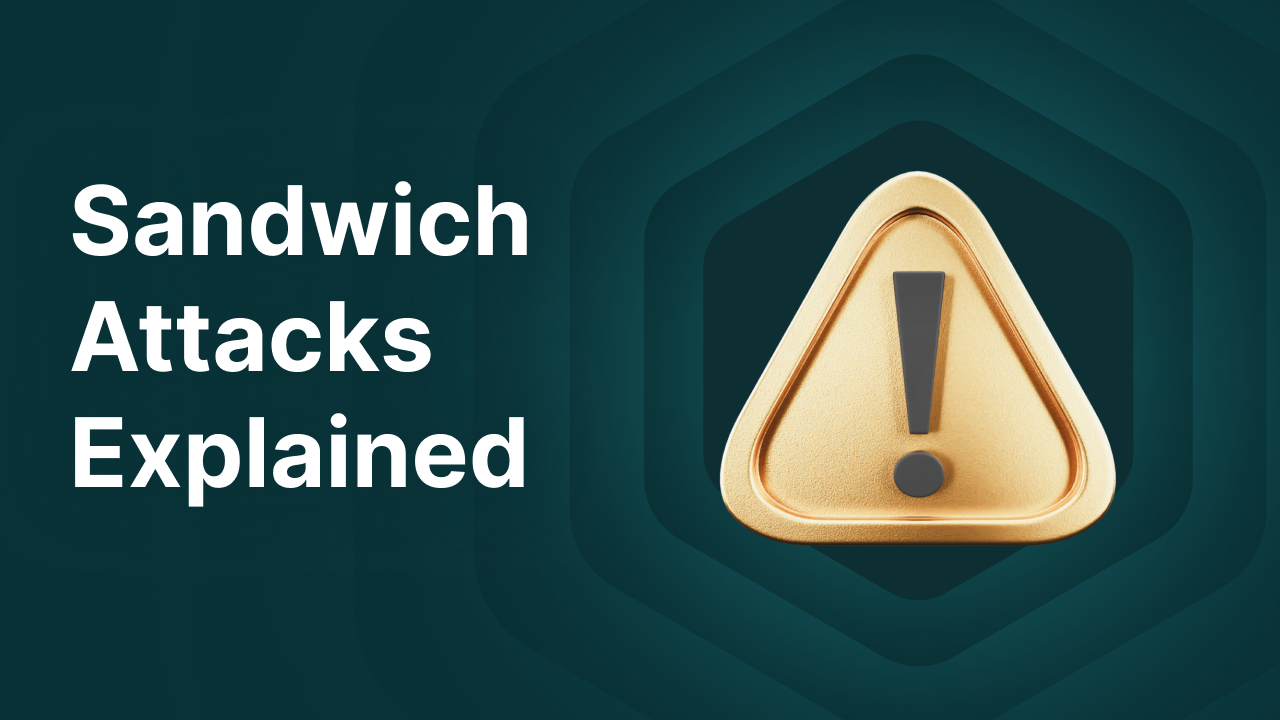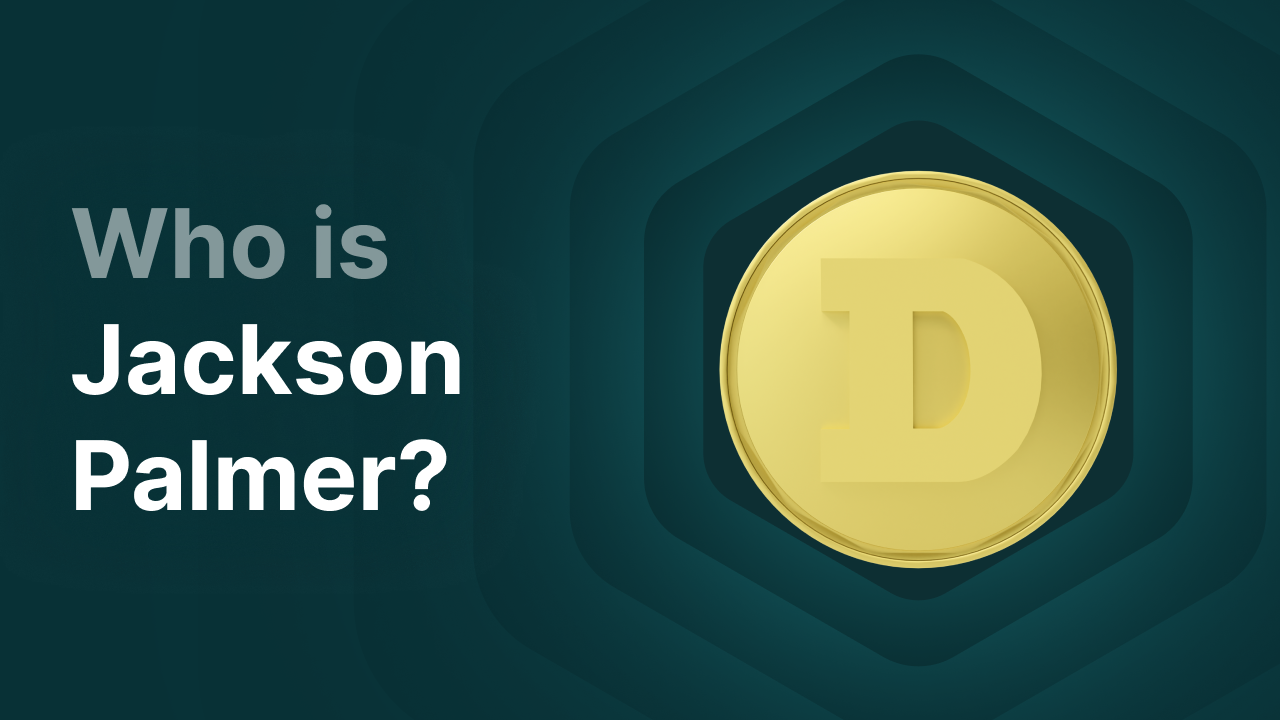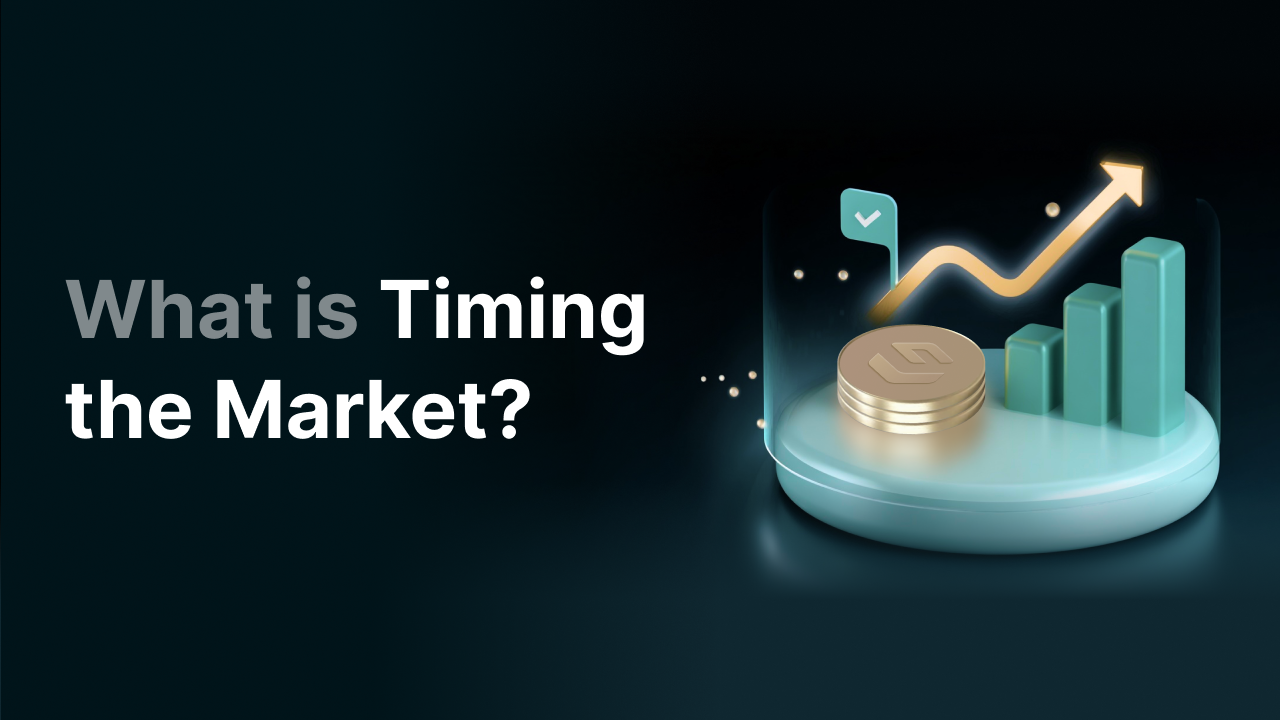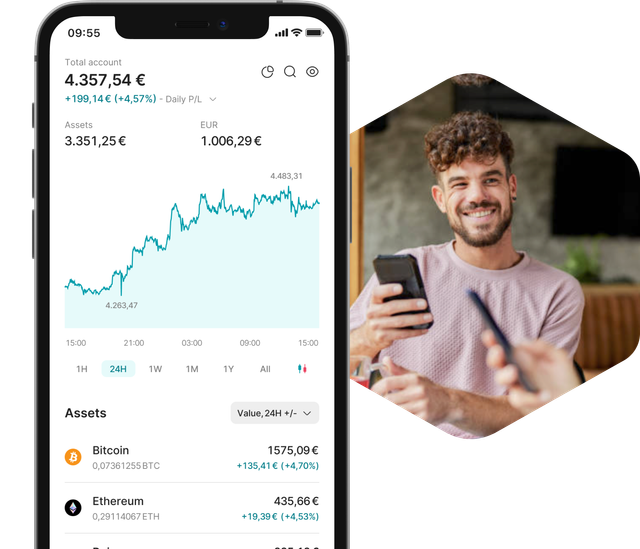What is a Block Explorer and Why Do You Need One?
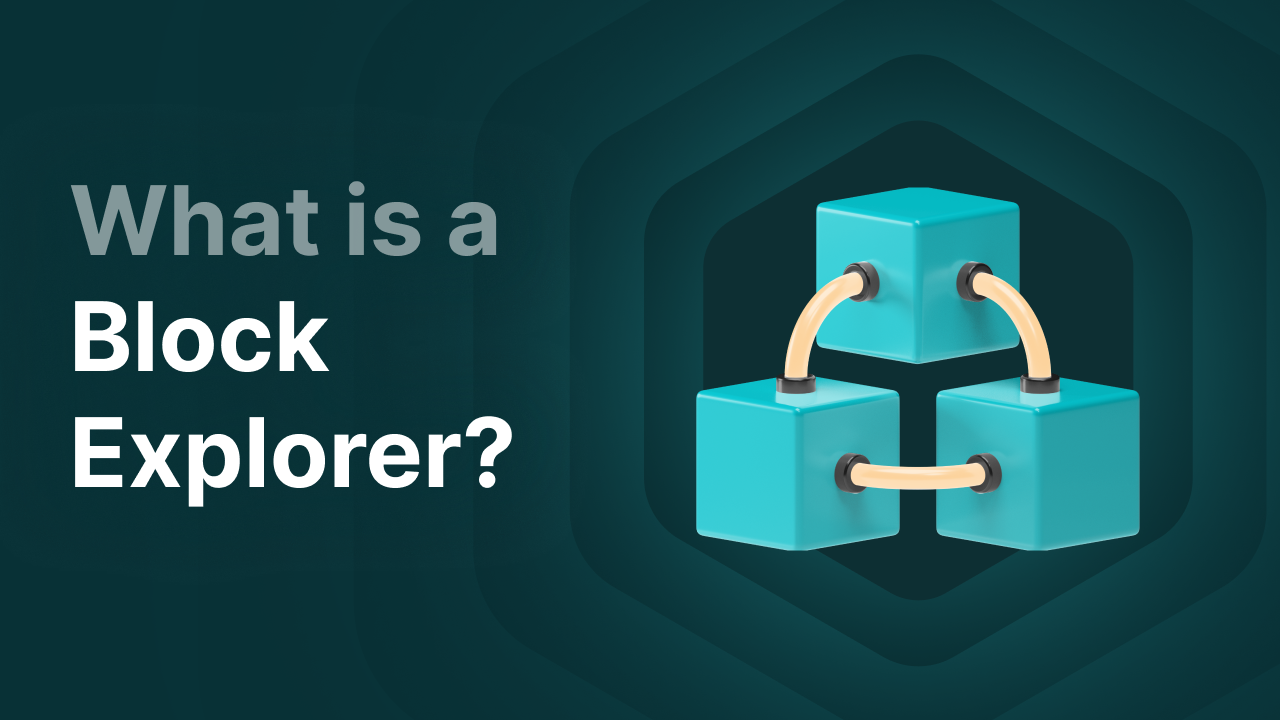
What is a Block Explorer?
A block explorer is an online tool that gives you live insight into what's happening on a blockchain. You can use it to look up and view all transactions, blocks, wallet addresses, smart contracts, and other blockchain data.
For example:
You send 0.01 BTC to a friend. You wait, and wait, but he says it hasn't arrived. Instead of panicking, you open a block explorer, paste your transaction number or wallet address, and you can see exactly what's going on. Has it been confirmed? Is it in a block? Or is it still in the queue? A block explorer gives you insight into the status of all transactions on the network.
Key Takeaways
- A block explorer is an online tool to view transactions, blocks, and wallet data on a blockchain.
- You can verify whether a transaction was successful and how much you paid in fees.
Block explorers are useful for insight, education, and research — everything on the blockchain is public. - They are free to use and essential for anyone active in crypto.
However, they can be overwhelming and may require some technical knowledge to fully understand.
How Does a Block Explorer Work?
Every blockchain (like Bitcoin, Ethereum, or Solana) consists of a chain of blocks where all transactions are neatly stored. These blocks are public, but you need a tool to view that information — that’s what a block explorer does. It lets you view all transactions on the blockchain.
A block explorer operates through a type of blockchain node (a computer connected to the network) that constantly retrieves the latest blocks and transactions. The explorer converts all that data into a visual and searchable format. With it, you can, for example:
- Search by wallet address
- View all transactions (including fees and status)
- See blocks (with timestamp, number of transactions, block height)
- Check smart contract data (e.g., on Ethereum)
- Track tokens (like ERC-20 or NFTs)
Many explorers also have APIs that allow developers to build their own tools on top of the data. There's virtually no data hidden from a block explorer. In theory, you can view every transaction that ever took place on networks like Bitcoin or Ethereum.
Why Use a Block Explorer?
Now you know what it is, but in which scenarios do you actually need a block explorer? Here are a few situations where it really comes in handy:
-
Check a Transaction
Imagine sending €10,000 via the Bitcoin network — you’ll want to know quickly if the transaction has arrived. Especially if the recipient keeps saying they don't see any Bitcoin in their wallet. In that case, you can use the blockchain explorer to see if the transaction has been included in the most recent block. Once you see the transaction has a few confirmations, you’ll know that it’s very likely going through without issues. You’ll know whether it’s still pending or currently being validated. -
View Wallet History
Every transaction from a wallet address can be found. Super useful for your own records or to check someone else (yes, everything is public). You can view any wallet and see all its historical transactions. -
Check Gas Fees
Especially on the Ethereum blockchain, you’ll want to know how much gas (transaction costs) you’ve paid or need to pay. It can sometimes add up to tens of euros per transaction. If your coins are in a smart contract and you want to remove and send them to a new wallet, you’re already dealing with multiple transactions. This can get expensive quickly. -
Track Blocks
You can see which miner created which block, how many transactions it contains, and what the block reward was. This info might not be useful to most users. -
Inspect Smart Contracts
For DeFi or NFT projects, you can view the code and activity of smart contracts (like how many tokens have been issued). -
On-Chain Detective Work
Some people use explorers to analyze hacks, rug pulls, or suspicious wallet activity. Everything is public on the blockchain. There are “online detectives” who conduct entire investigations after, for example, a hack has taken place.
In short: a block explorer is your personal X-ray vision for the blockchain world.
Examples of Popular Block Explorers
There are tons of block explorers, and they’re usually linked to a specific blockchain. Here are a few well-known names:
- Etherscan (Ethereum) – The gold standard for the Ethereum network. You can view transactions, wallet balances, smart contracts, tokens, NFTs, and more.
- Btcscan (Bitcoin) – One of the oldest explorers, particularly useful for Bitcoin transactions.
- Solscan (Solana) – Popular among Solana users. Clear overview of SOL transactions and smart contracts.
- BSCScan (Binance Smart Chain) – Works almost identically to Etherscan, but for Binance Smart Chain.
- Snowtrace (Avalanche) – Built on the same platform as Etherscan but specifically for Avalanche.
Most explorers look very similar in layout, but they’re specifically built for one network. You can’t look up a Solana transaction on the Bitcoin explorer.
Advantages of Block Explorers
Block explorers are incredibly useful. Here are a few key benefits:
- Transparency: Everything that happens on a blockchain is visible. Block explorers give you access to that information 24/7.
- Take control: You don’t have to take anyone’s word for it. You can check for yourself if your transaction went through.
- Educational: You can learn a ton. By clicking around in an explorer, you get a much better understanding of how a blockchain works.
- Free to use: Almost all block explorers are completely free to use. You don’t need to create an account.
- Part of your crypto toolkit: Just like you use a wallet or exchange, an explorer is essential for everyday crypto use.
Disadvantages of Block Explorers
While they’re useful, there are some drawbacks or limitations:
- Can be overwhelming: Especially for beginners, it can look like gibberish. You’ll see tons of numbers, hashes, and graphs that don’t make much sense at first.
- Limited privacy: Everything is public. So anyone can see your wallet history unless you use a new wallet each time.
- Not always up-to-date: Some explorers lag behind a bit (especially on smaller networks or during busy times).
- Requires technical knowledge: If you really want to understand what’s going on (e.g., with smart contracts), you’ll need to be a bit technically inclined.
- Trust in the explorer itself: You’re looking at data through an external site. If that explorer gets hacked or goes offline, you can’t see anything temporarily (though the blockchain itself keeps running).
Final thoughts
A block explorer is much more than just a search engine for blockchain data. It’s an indispensable tool for anyone active in the crypto world. Whether you want to check if your transaction has arrived, are curious about how a smart contract works, or want to dive deeper into on-chain activities — a block explorer gives you direct insight into everything happening on the blockchain.
The power of a block explorer lies in transparency, control, and accessibility. You don’t have to rely on third parties or assumptions — you can verify facts yourself, at any time. At the same time, understanding the information can require some technical know-how, and privacy is limited since everything is public.
Still, the benefits of block explorers far outweigh the downsides. They are a crucial part of your crypto toolkit and give you a unique view under the hood of blockchain technology. Whether you’re a beginner or an experienced user, if you want real control over your crypto activity, a good block explorer is essential.
